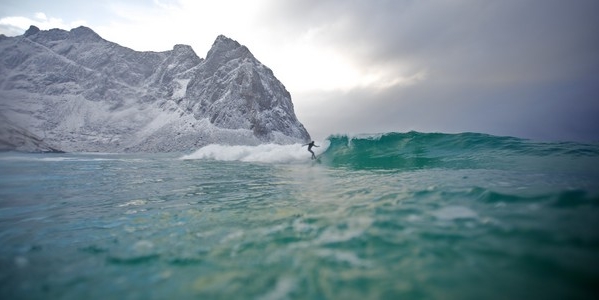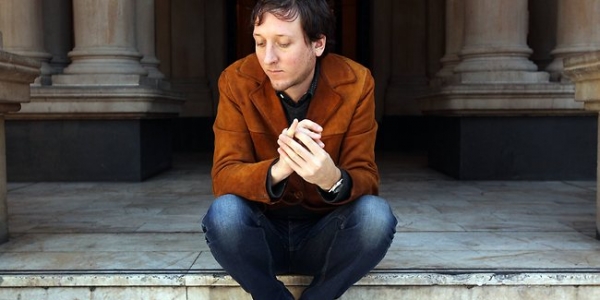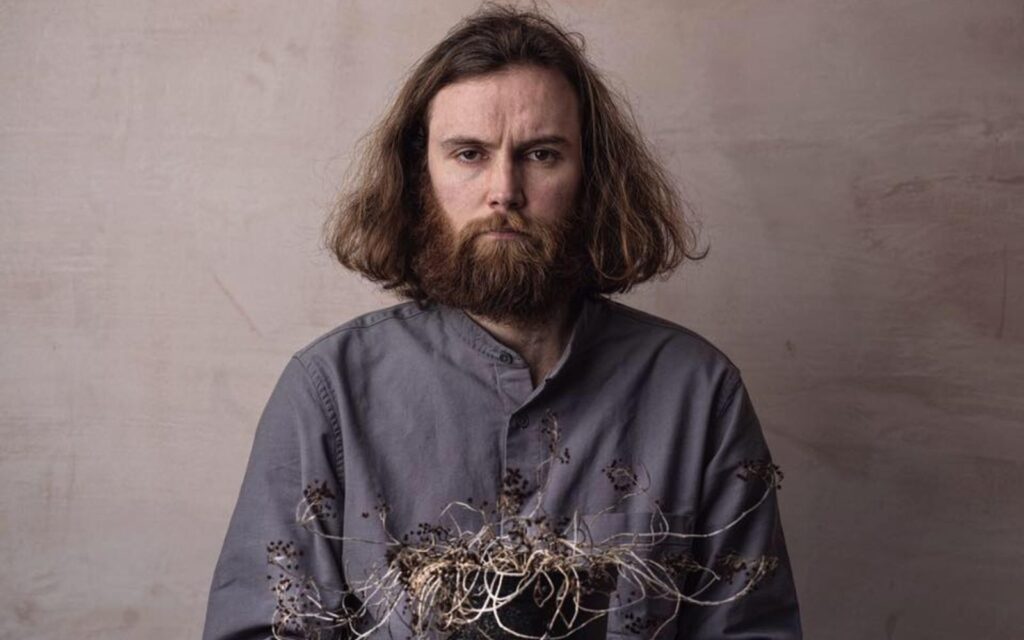The opening night film is the Australian premiere of Once Upon a Forest from Oscar-winning director Luc Jacquet, after which there’s a celebration party with drinks, live music and canapés. “Luc Jacquet’s cinematography is always stunning,” notes Cullen. “He really knows how to create magic on the big screen and has a great eye for wonderful storytelling. March of the Penguins was a magnificent film. Once Upon a Forest is even better.”
Jacquet is one of her favourite film makers but Cullen is also especially looking forward to seeing a couple of films by other directors on the big screen. “North of the Sun is an epic arctic adventure that made me want to run for the wild and embrace it. Iriria – Nina Tierra is a beautiful poetic documentary that looks at culture as the root of the planet’s destruction; as someone who has studied anthology this particularly appeals to me. Tokyo Waka – this almost has a Hitchcock-ian feel to it. Who knew crows were taking over Tokyo? This is a really great exploration of coexistence — poetic with a tinge of humour.”
What has been the biggest challenge for Cullen this year in putting the film festival together? “This year is Chris (my Co-Director) and my first year as sole directors so we’re still learning the ropes, teaching some fantastic new crew members whilst trying to build a bigger and better, festival than ever. We’re a not-for-profit run solely on the dedication of a very small group of dedicated volunteers so it’s a matter of squeezing our festival work in between our paid roles and lots of late nights and working weekends. Though it’s a hell of a lot of hard work, it’s even more exciting when the festival comes to fruition.”
Did Cullen have a personal goal or objective (outside creating a successful film festival) for this year’s festival? “This year we’ve really tried to curate a program that will appeal to a mainstream audience and choose a selection of films that are of a higher standard than ever. I’d like to see that success reflected in media coverage, audience feedback and the growth of the festival.”
Does Cullen see the EFFM as providing hope amidst a cynical world? Do the stories of hope outweigh the negative projections re the future of the planet? “I like to think it does,” she replies. “A lot of people groan when you mention environmental film festival and assume that all the films will be about depressing environmental issues. But that’s just not true. In our programming we see ‘environmental’ in a very broad sense and screen films about everything from the pleasures of slow food to getting out in the wilderness and reconnecting with nature. One of our biggest goals is to inspire people to act and we do that with positive and inspiring film, debate and discussion.”
What does Cullen think is the most important contribution the EFFM makes to its audiences? Or can it not be narrowed down? “I think we provide a really enjoyable experience for digesting environmental issues. People don’t want to sit in a neon-lit room and be spoken at about the dire state of our environment. We provide enchanting and inspiring films, thought-provoking discussion and special events that make engaging with environmental issues fun.”
How does Cullen see the EFFM reaching out to wider audiences? “Film is such an incredibly engaging medium,” she observes. “It can turn complex environment issues into a visually stunning narrative or a compelling investigation. Bringing environmental issues to the big screen and incorporating them into special events gives us opportunity to engage people who might not normally be interested in the environment as such. A great example is our Slow Food special event where we’ll be screening Slow Food Story, a charming biopic of the founder of the slow food movement accompanied by a slow food tasting. This is a great event for foodies and for anyone who loves a good flick and a good bite.” Sounds very good!
How does she imagine the future of the EFFM? “I’d like to see us go national and it’s something we’re looking at for next year. I’d love to see an Environmental Film Festival in every Australian state and territory engaging audiences from all walks of life. We’re also working on developing our community outreach and schools program and I’d really like to see our presence grow in regional Australian and in schools across the country.”
So what are Cullen’s predictions for the future of the planet? “I think we’re seeing a real shift in the way society responds to environmental issues. In the face of a government intent on exploiting our environment for profit, we’ve seen incredible displays of people power. I think we’ll see that grow into a revolution (probably after my time). We still have time to turn things around and I sincerely hope we do that before it’s too late.”
BY LIZA DEZFOULI







